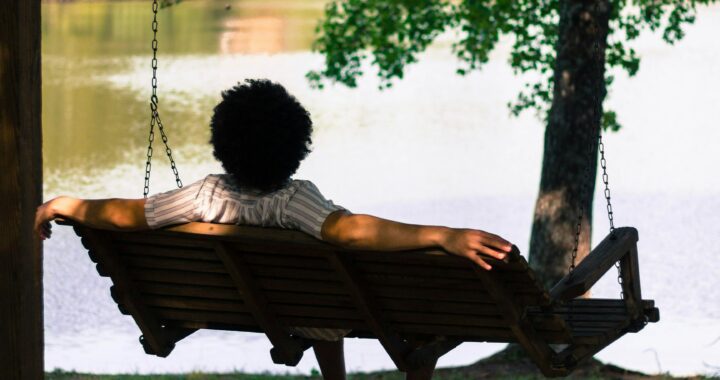Trump’s reaction to Khasshogi murder is cause for concern
4 min read
CNN.com
By GINNY BIXBY
Associate Editor
The murder of Saudi journalist Jamal Khashoggi is representative of the greater atrocity of violence against journalists, and the Trump administration’s delayed and inadequate response is indicative of the President’s disdain for the free press.
President Trump waited until Oct. 23 to condemn the Saudi government, when he finally said, “The cover up was one of the worst in the history of cover ups.”
But not only was Trump slow to chastise the Saudi government, but he had initially been critical of other world leaders for their condemnation.
“I think we have to find out what happened first,” he said. “Here we go again with, you know, you’re guilty until proven innocent. I don’t like that. We just went through that with Justice Kavanaugh and he was innocent all the way as far as I’m concerned.”
Khashoggi was on personal business in Istanbul at the Saudi consulate, picking up documents needed to marry his fiancée, when he was brutally attacked and killed. This is evidence that journalists are at risk even when they aren’t on the job, which is hugely problematic. Journalists are being viewed as, essentially, enemies of the state in some countries.
The First Amendment has always been the cornerstone of American democracy. The press is what keeps our government in check; it is just as, if not more, a crucial part of the system checks and balances as the three branches of government are.
This murder came less than four months after another act of violence against the press, the murder of four journalists and a sales assistant in a shooting at the Capital Gazette newspaper in Annapolis, Maryland.
In addition, there was another attempted attack on the press on Wednesday when a package containing a bomb was sent to CNN’s New York office.
Khashoggi’s last column for the Washington Post was published on Oct. 17, two weeks after it is believed that he died. It is an excellent argument that the Arab world needs more freedom for speech and expression. It is tragic and ironic to read in the wake of his death, and it is arguably one of the most important opinions printed in journalistic history. The article shows the dangers of restrictions of the press. President Trump would benefit from reading it, as he clearly is either ignorant or apathetic to the dangerous impact of his anti-journalist rhetoric.
No U.S. President has posed more of an attack on the press than Trump. At a rally on Oct. 18, Trump praised Montana Republican representative Greg Gianforte for assaulting Guardian reporter Ben Jacobs when he tried to interview Gianforte in May 2017. Gianforte, who was running for special election at the time, threw Jacobs to the ground and punched him. Trump said, “Any guy that can do a body slam, he’s my kind of — he’s my guy.” This was said over two weeks after Khashoggi had disappeared, and was presumed dead at the time.
While this kind of language used against the press is tasteless in general, and it was certainly not the first time Trump envoked violence against journalists, as he is known to refer to the press as the “enemy of the people,” its timing was particularly disgusting.
Trump’s relentless vendetta against the American press is encouraging not only contempt for journalists, but now, violence. Of course Trump is not the reason that Khashoggi was dismembered in the Saudi consulate. However, Trump isn’t exactly a friend of the press by any means, and his hesitation to investigate and condemn Khashoggi’s murder is incredible evidence of this. Trump needs to be concerned that this could not only happen to reporters abroad, but also at home.
But Trump is more concerned about the so-called “failing New York Times” publishing what he sees as “fake news” about his policies than he is about an American resident’s murder abroad. It is fine to disagree with certain opinions that are published or have concerns about certain reporting methods deployed by some outlets, but Trump sees the media as a whole entity that is a singular enemy, which is encouraging a mentality of demonizing journalists.
Khashoggi’s murder was an attack on all journalists. The shooting at the Capital Gazette was an attack on all journalists. The 2014 beheading of American journalist James Foley was an attack on all journalists. This is a wake-up call. Journalism is becoming an illogically dangerous career in which you can be brutally murdered for reporting the facts if someone simply doesn’t like the facts being exposed. Journalists deserve the respect and support of the President, even if he does not agree with everything they publish. If Trump continues down the path he has started on, violence against journalists could become all too common on American soil, and the U.S. could enter a dystopian reality like that of Saudi Arabia, where the press is silenced.











